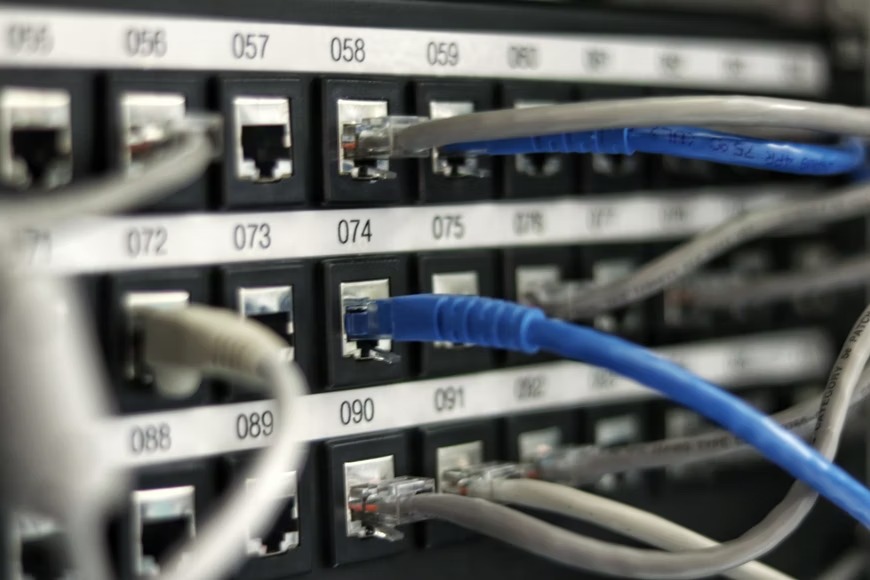Router traffic should be modified first. How does a stateful packet filtering firewall be important?
What Is Stateful Packet Filtering Firewall?
Stateful Packet Filtering Firewall is a firewall that maintains a state table for every connection or conversation between hosts. Each time a packet is received, the firewall compares it to its state table to determine whether the packet is allowed or denied. Some of the characteristics of a stateful firewall are:
For TCP, a three-way handshake must be completed before data transfer can begin. This handshake is what allows the firewall to maintain state information about the TCP connection. If the three-way handshake did not occur, the firewall would be unable to tell if a TCP segment was part of a new connection or an old one.
Stateful Packet Filtering Firewall uses this information to make sure that packets are being sent to and from the correct IP addresses and ports. If an incorrect packet is received by the firewall, it will be dropped.
Application Layer Inspection Technology
Stateful firewalls are very effective in protecting your network from unwanted traffic. Because they track each connection that passes through them. This means that if attackers try to use an existing connection (that they have already compromised).
The firewall will block their attempts. So, the use of this type of firewall is recommended in most networks. However, it does have limitations and can cause issues in some circumstances.
For stateful firewalls to do their job effectively, there are some things that you should be aware of.
Identification is not always easy. Attackers can “spoof” IP addresses and ports so that they appear to be different than they are.
This makes it difficult for firewalls to identify which packets are part of existing connections. These packets are new traffic (and should therefore be blocked). Also, Stateful firewalls need a lot of processor power and memory resources to track all of this information.
They need more resources than a simple packet filtering firewall. Because they must keep track of many more pieces of information about each connection or conversation between hosts. Some stateful firewalls use application layer inspection technology.
Connection-tracking Firewalls
Stateful firewalls must retain copies of every packet passing through them. This is to keep track of existing connections/conversations between hosts. Because most networks have much higher traffic volumes than typical home networks.
This is for maintaining this kind of memory requirement may not be possible for network administrators. Also, this is who have little available physical memory or virtual memory on a type of firewall that keeps track of the source. It includes destination IP addresses of the information it processes and allows or blocks traffic based upon that information.
A stateful packet filtering firewall is also known as a “connection-tracking” firewall. So, Stateful Packet Filtering Firewall is a type of firewall that keeps track of the source and destination IP addresses of the information it processes. Also, it allows or blocks traffic based upon that information.
Stateful Packet Filtering Firewall examines each packet entering or exiting a network to determine whether it should be accepted or dropped. Also, the decisions are based on a comparison between the properties of packets. There are the source or destination addresses, ports, protocols, and entries in a list of rules.
